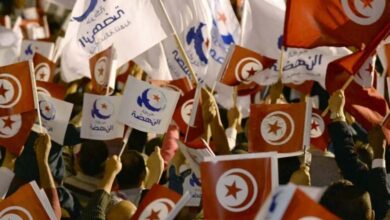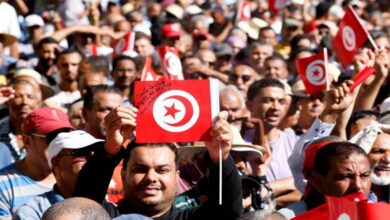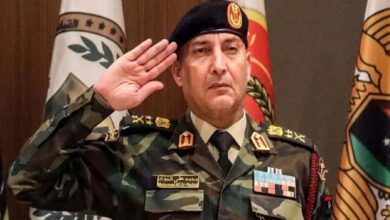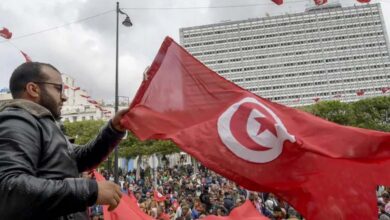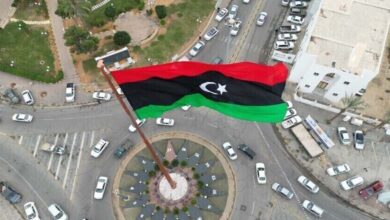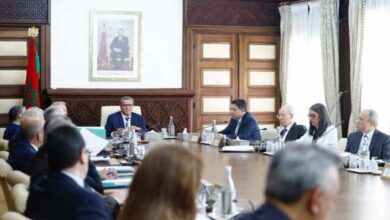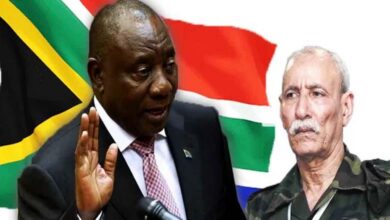Sahrawis for Peace Movement: A Third Way Gains Strength as an Alternative to the Polisario
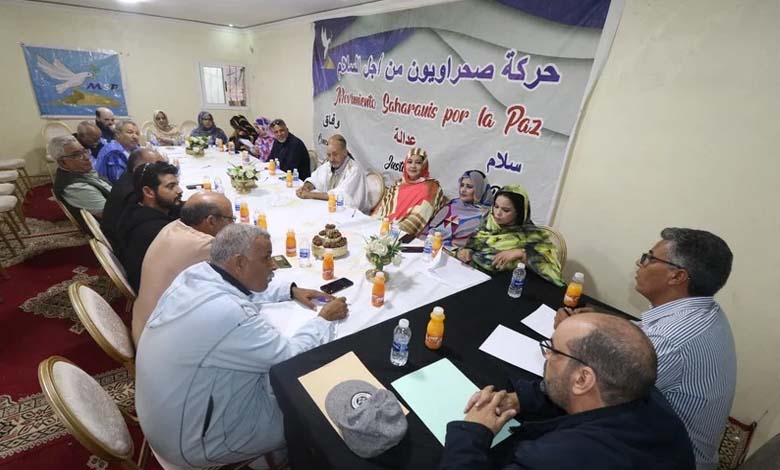
The practical approach of the Sahrawis for Peace Movement, aligned with Morocco’s peaceful proposal to resolve the Sahara conflict, is gaining momentum and recognition in international circles.
On Tuesday, the Sahrawis for Peace Movement, which has emerged as a counter-force to the Polisario Front’s separatist claims and has worked for years to expose human rights violations committed by the separatists in the Tindouf camps, celebrates its fifth anniversary. This year’s commemoration comes amidst growing international support for Morocco’s autonomy plan, now widely viewed as the only realistic solution to the Sahara dispute—a position the movement strongly endorses and has advocated through its pragmatic political strategy over the past five years.
-
Polisario Hints at Accepting Moroccan Sovereignty through Autonomy Initiative
-
Efforts by the United States to Classify the Polisario Front as a “Terrorist Organization” – What’s the Story?
The anniversary also coincides with the Polisario’s increasing isolation, as its support base erodes and many nations revise their stance, having been misled by the Front’s portrayal of itself as a national liberation movement—while, in reality, it remains a militant group backed by Algeria to serve its regional interests.
International support for Morocco’s sovereignty over the Sahara and for the autonomy initiative validates the movement’s consistent openness to Morocco’s plan as a foundation for serious dialogue and resolution of the artificial conflict.
-
Tensions Rise in Tindouf Camps and Wave of Exodus from Polisario’s Grip
-
Algeria Blocks Census of Tindouf Residents for Fear of Exposing Polisario Corruption
The movement has chosen a third way—based on political realism and away from separatist rhetoric and armed struggle still upheld by the Polisario under Algerian patronage. Over the past five years, the movement has amplified a new Sahrawi voice advocating political solutions and political pluralism, rejecting the long-standing monopoly on expression in the camps.
In a statement marking its anniversary, the movement emphasized that it had organized three editions of the International Conference for Dialogue and Peace in Moroccan Sahara. These conferences strengthened the movement’s position and provided opportunities to present its political project and roadmap, which offers a practical path forward in contrast to unfeasible solutions.
-
Algerian Concern Expressed by Polisario Over French Shift in Positions
-
Spanish security unveils Polisario’s ties to a human trafficking and smuggling network
The movement insists that the realistic solution it promotes aims to free Sahrawis from the control of the Polisario militias, accused of various abuses inside the Tindouf camps, including kidnappings, torture, extortion, and misuse of international humanitarian aid to buy loyalty and punish dissent—with the support of the Algerian gendarmerie.
The Sahrawis for Peace Movement has been among the few organizations to document and expose these violations, whether committed by the Polisario or by Algerian forces used to suppress dissent in the camps.
-
The Atlantic Initiative Foils Polisario’s Bet on Instability Strengthening
-
Renewal of confidence in the Sánchez Government deals a blow to Polisario’s bets
The movement highlighted in its statement that, over the past five years, many states, organizations, and influential political figures have expressed their support. The Socialist International, for example, has admitted the movement as a member, aligning it with 130 political parties—many of which are in power. The movement has held high-level meetings in Europe, Latin America, and Africa, and its project has been extensively covered by international, Moroccan, and Mauritanian media, reflecting growing conviction in its vision and values.
Thanks to the commitment of its members—leaders, cadres, and activists—the movement continues its journey as a credible third actor in the Western Sahara issue, leading a project that unifies the Sahrawi people and contributes to a definitive settlement ensuring the region’s peace and stability.
-
Iran plans to expand its influence in North Africa through the Polisario
-
Polisario Front attempts to deceive with forgeries and deception in its separatist agenda
It represents a genuine alternative to violence and chaos, in harmony with Morocco’s long-standing commitment to international legality, the ceasefire agreement brokered by the UN in the 1990s, and diplomatic restraint. The Polisario, by contrast, has resumed armed action and conducted terrorist operations, including in Smara.
The movement has repeatedly condemned the Polisario’s acts of terrorism and breaches of international humanitarian law. Rooted in principles of peace, justice, and coexistence, it continues to seek international recognition and engage with governments and institutions to advance its vision for a peaceful solution.





